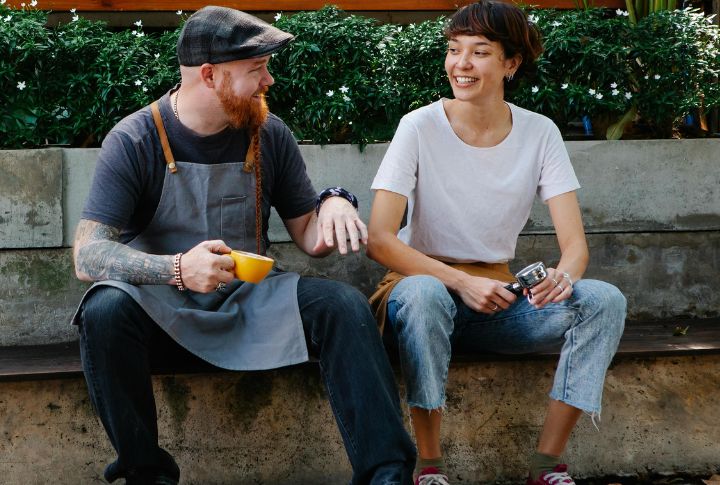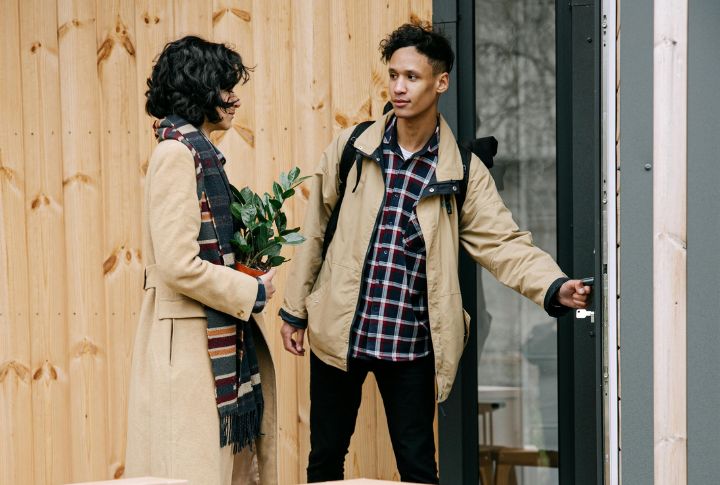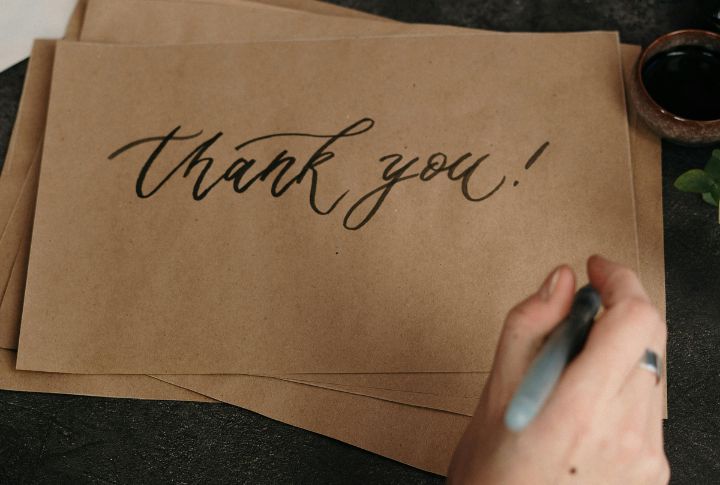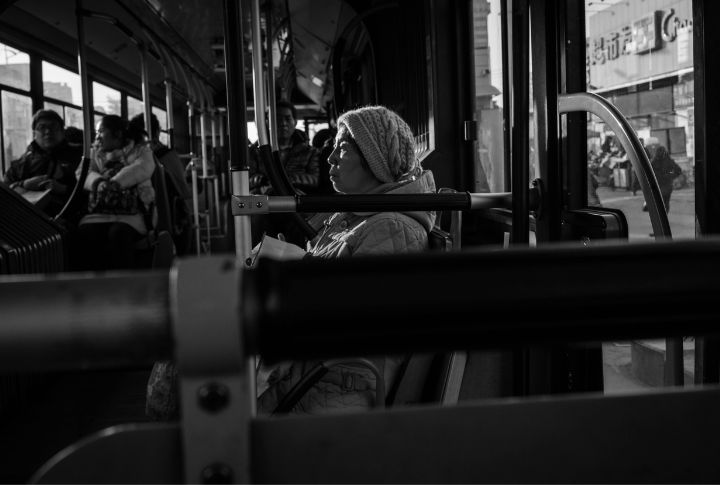Lifestyle
10 Social Courtesies That People Rarely Practice Today

The world moves faster than ever, and in the rush of daily life, good manners often get overlooked. As people hurry from one task to the next, it’s easy to forget the small gestures that used to make interactions more polite and meaningful. Keep reading to discover the small acts that can still make a big difference in how we treat one another and foster better communication.
Opening Doors For Others

Ever been stuck struggling with bags or keys and had someone hold the door open for you? It’s one of those little things that shows empathy for others and puts another before self. Whether for a stranger or an individual you know, if you hold the door open, it is a simple yet impactful way to help out.
Sending Handwritten Thank-You Notes

In an age of instant digital communication, taking the time to write a thank-you note feels like a truly thoughtful gesture. When a person makes an effort to write a personal note, it stands out. It’s the kind of act that shows you appreciate them, and those little notes are often treasured far longer than an email ever could be.
Addressing People By Their Titles

We’ve all heard titles like “Mr.” or “Dr.” used in formal documents, but how often do we use them in conversation? Using their title isn’t just about politeness—it’s a recognition of their achievements and respect for their personhood. This small act makes people feel valued, especially in professional or informal settings.
Offering A Seat To Someone In Need

It’s easy to get caught up in our own lives and overlook the person standing next to us. Offering your seat to someone who might need it more—whether it’s an elderly person, a pregnant woman, or anyone in need—might seem like a small act, but it can have a big impact on their day. Even the simplest act of kindness can make all the difference.
To Say Please And Thank You Without A Prompt

We don’t always need to be reminded to use “please” and “thank you.” Though they are simple words and might seem like second nature, they make a world of difference in how we interact with others. Incorporating them into our daily conversations shows respect and appreciation without needing to be told.
Helping Others With Small Tasks

A little help can make a big difference. Whether it’s carrying groceries to someone’s car or lending a hand with everyday tasks for an elderly person, these small, thoughtful gestures can brighten someone’s day. They don’t require much effort, but they show kindness in ways that are often felt deeply and remembered.
Waiting Your Turn Without Interrupting

Interrupting can often feel like a reflex, especially during conversations, but letting others speak without cutting in is a powerful way to show respect. Allowing them to finish their thoughts not only demonstrates consideration but also encourages the same courtesy in return, fostering better communication and stronger connections.
Making Small Talk To Break The Ice

Starting a conversation with a stranger doesn’t need to be intimidating. A simple question about the weather or a comment on your surroundings can break the ice. Small talk might seem insignificant, but it creates a bridge that can lead to deeper and more rewarding conversations. Just be careful to pick your moments.
Respecting Personal Space

It’s not always easy to judge when we’re crowding someone’s personal space. Whether you’re standing in a queue or seated next to an individual, giving them space is an important way to show respect for physical boundaries. It’s a basic courtesy that helps everyone feel more at ease in shared environments.
Steering Clear Of Controversy

Conversations can quickly get tricky if we’re not careful. Instead of involvement in heated debates or divisive topics, sometimes the best approach is just to keep things light. Respect boundaries and focus on neutral subjects to make it easier for everyone involved to chat comfortably without tension.

